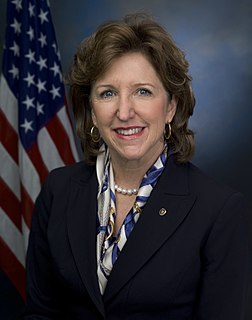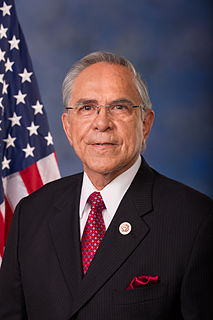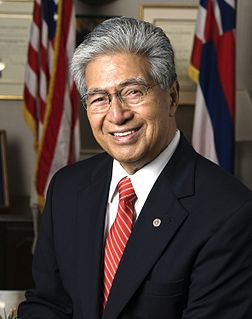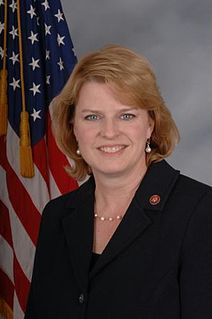A Quote by Henry Paulson
Non-bank financial institutions provide credit that is essential to U.S. businesses and consumers.
Related Quotes
Financial institutions are not being bailed out as a favor to them or their stockholders. In fact, stockholders have come out worse off after some bailouts. The real point is to avoid a major contraction of credit that could cause major downturns in output and employment, ruining millions of people, far beyond the financial institutions involved. If it was just a question of the financial institutions themselves, they could be left to sink or swim. But it is not.
I don't want to pick on Deutsche Bank, but I think the world of the regulated financial conglomerate, it is a strange thing. There is nothing in common between writing checks and running branch offices, issuing credit cards - those are good businesses, but they really have zero in common with M&A advice. They're a different customer.
There are hundreds of millions of people around the globe who could safely repay loans but nonetheless do not have access to a line of credit. Financial institutions in developing economies are broken and inefficient, and hard-working people have not been given the chance to establish a credit history.


































